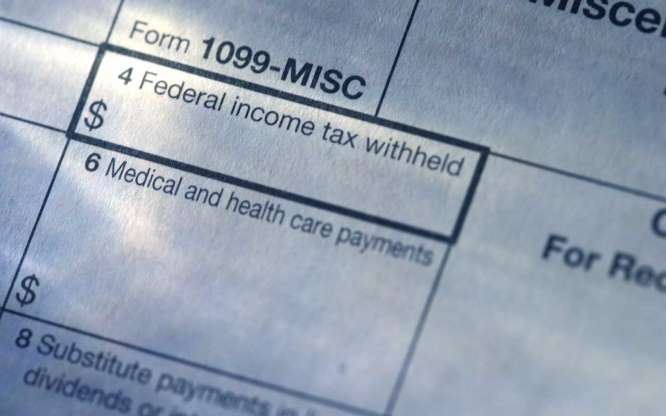
You Receive New Information After Filing Your Return
You’ll need to file an amended return if you receive information after filing your original return that significantly changes your taxable income. For example, you might receive an amended W-2 form or a 1099 form showing previously unreported income (enough to make a difference on your return).
If the new information affects the deductions or credits that you claimed on your original return—for example, by upping your income to a point where the tax break is reduced or no longer available to you—you’ll need to file an amended return for that, too.
You won’t receive a refund for these types of changes, but you still need to file an amended return to avoid penalties and additional interest.
Changes you make on an amended return affecting your income, deductions or tax liability may also affect the amount of or cause you to owe the alternative minimum tax. So be sure to check that, too.




